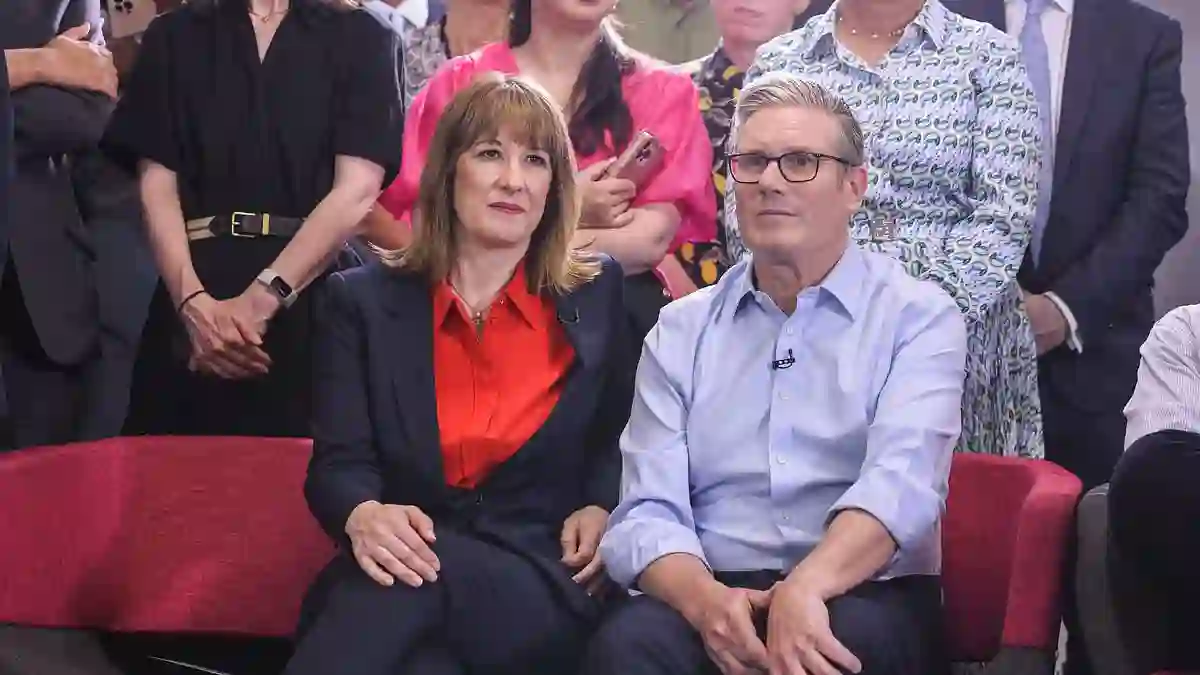As Chancellor Rachel Reeves tries to steady the ship in the early days of Labour’s government, she’s now facing mounting pressure from within her own party to consider a wealth tax—an idea she’s previously resisted.
The growing calls come amid concerns over a potential £30 billion shortfall in the public finances, and the clock is ticking toward the Autumn Budget.
A Funding Gap and Frustration from the Left
It’s no secret that Labour’s Left flank, along with trade unions, are pushing for more public spending.
But Reeves, known for her strict fiscal discipline, has been clear: she won’t raise income tax, national insurance, or VAT.
That leaves her with very few options to balance the books.
Now, with the Institute for Fiscal Studies (IFS) warning of a possible £31 billion funding gap, the idea of taxing the super-rich is back on the table—whether Reeves likes it or not.
Kinnock Backs a Targeted Wealth Levy
Former Labour leader Lord Neil Kinnock added fuel to the fire when he told Sky News that a 2% levy on assets over £10 million could be both practical and popular.
He argued such a tax could generate around £11 billion a year and would be “commending itself to the great majority of the public.”
He was quick to reassure that most people wouldn’t be affected.
“You wouldn’t have to touch assets under £6 or £7 million,” he said, suggesting everyday homeowners wouldn’t feel the pinch.
“It’s about taxing extreme wealth—not hard-earned incomes.”
Conservatives Sound the Alarm Over Wealth Exodus
But not everyone’s on board. The Conservatives are warning that Labour’s tax proposals are already driving out high net worth individuals.
Shadow Chancellor Sir Mel Stride claimed that between 10,000 to 15,000 wealthy people have left the UK because of fears around increased taxes.
He said losing those taxpayers could cost the country far more than it gains.
“It would take around 300,000 average earners to replace the tax contributions from those who’ve already left,” Stride warned.
“We need to encourage wealth creators, not punish them.”
Reeves Walks a Tightrope
Despite the noise, Rachel Reeves has so far avoided committing to any wealth tax.
She’s previously said it’s “not something I’m interested in.”
Still, Number 10 hasn’t completely ruled it out either.
A spokesperson said that decisions would only be confirmed during the Autumn Budget and that “those with the broadest shoulders should pay the most.”
But pressure is mounting—from both sides. On one hand, Labour supporters are demanding bold action to fix strained services and restore trust.
On the other, the threat of capital flight and backlash from business looms large.
A Battle Between Fairness and Stability
At the heart of this debate is a classic tension: how do you raise money for public services without spooking the economy? For Reeves, who has promised to stick to Labour’s fiscal rules and maintain economic credibility, the path forward is tricky.
Whether she caves to pressure for a wealth tax or finds other ways to fill the financial hole, one thing is clear—the Autumn Budget is shaping up to be a defining moment not just for Reeves, but for the entire Labour government.
